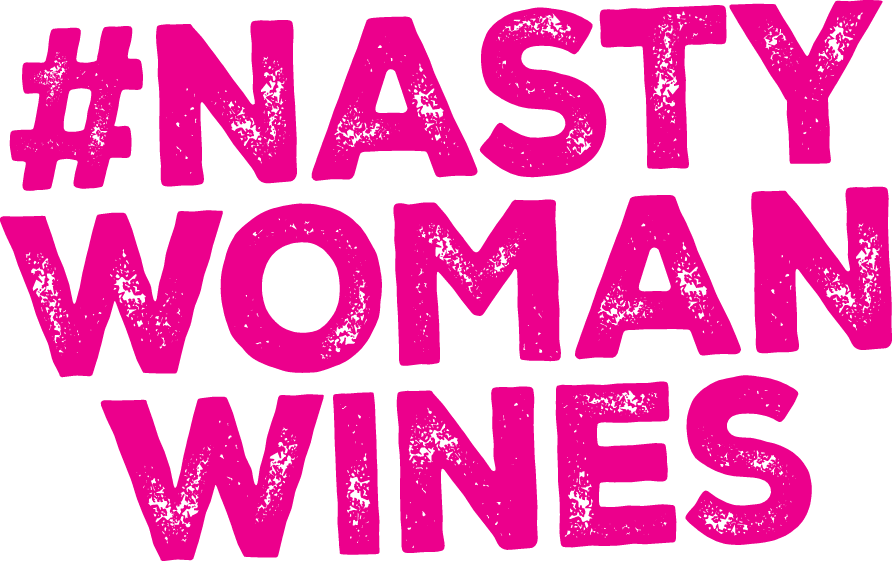How to be an Advocate for Individuals with Disabilities
“Equality is the public recognition, effectively expressed in institutions and manners, of the principle that an equal degree of attention is due to the needs of all human beings.”
On July 26th, the Americans with Disabilities Act celebrates its 28th anniversary, also known as Disability Independence Day.
What is the Americans with Disabilities Act (ADA)?
The Americans with Disabilities Act (ADA) became law in 1990. The ADA is a civil rights law that prohibits discrimination against individuals with disabilities in all areas of public life, including jobs, schools, transportation, and all public and private places that are open to the general public. The purpose of the law is to make sure that people with disabilities have the same rights and opportunities as everyone else. The ADA gives civil rights protections to individuals with disabilities similar to those provided to individuals on the basis of race, color, sex, national origin, age, and religion. It guarantees equal opportunity for individuals with disabilities in public accommodations, employment, transportation, state and local government services, and telecommunications. The ADA is divided into five titles (or sections) that relate to different areas of public life.
Important Statistics on Disability
The American Community Survey (ACS) estimates the overall rate of people with disabilities in the US population in 2016 was 12.8%.
In the US in 2016, 35.9% of people with disabilities ages 18-64 living in the community were employed. The employment percentage was more than double for people without disabilities, 76.6%.
What can you do to learn more about disability inclusion and awareness?
Check out the Disability Visibility Project, an online community dedicated to recording, amplifying, and sharing disability stories and culture.
Follow 365dayswithdisability on Instagram. This account, started by Nasty Women, captures the disability experience, one day & gloriously mundane photo at a time.
Check out this list from The Mighty of 7 great beauty Instagrammers with disabilities that you should be following.
And don't miss this list from Bustle with 10 body positive advocates with disabilities that you should immediately follow on Instagram.
Check out Two-Thirds of the Planet. They say that two-thirds of the planet has a connection with disability in some way. Either they are a person with a disability, or they have a family member with a disability, a friend, a lover, or a boss. Whatever it is, there are a lot of us in the world with a connection with disability. This site is for us all, creating a community of people with disabilities telling their own stories.
What can you do to promote accessibility and inclusion in your business or workplace?
Avoid presumptions about the capability of people with disabilities to serve. Ask them what they can do; focus on experience & abilities.
Here are some ways you can do that:
Share the Department of Labor “I Can” PSA with your network.
Use the posters and discussion guides in this program for the “I Can” PSA to further the conversation on the capabilities of people with disabilities.
Read the ADA definition, to learn who is covered. There might be more people with disabilities in your service program than you think.
Learn about how the term “disability” is currently defined and interpreted by law.
Consult JAN for assistance in making disability accommodations. The majority of accommodations cost $0 and the average actual cost is $500. The Job Accommodation Network (www.askjan.org) is the free technical assistance provider for CNCS programs, employers, and people with disabilities. You can contact JAN any time with questions about making reasonable disability accommodations in your service program and other disability-related matters.
Learn about the low cost and high impact of reasonable accommodation.
Review the Job Accommodation Network #JANatJAN for individualized disability accommodation consulting & tip sheets on most disabilities.
The Job Accommodation Network (“JAN”) produces fact sheets on the majority of disabilities/ limitations. Check out this resource so you know where you can find helpful information to accommodate service members/volunteers with disabilities.
Put members with disabilities on the front line, Dept. of Labor research shows the public prefers entities that do over those who don’t.
Look at the Department of Labor Office of Disability Employment Policy page for this finding and for more information.

